The Free Application for Federal Student Aid, or FAFSA for short, is exactly what it sounds like. It's an application that you can fill out in order to receive federal financial aid. Filling it out is beneficial: it costs you nothing and can give you access to grants or loans for your education. It can offer you debt-free opportunities for funding if you qualify. But, do you have to pay back FAFSA?
So, do you have to pay back FAFSA?
Not technically, but it could offer loans that you need to pay back in the future. What you fill out on FAFSA will determine what types of "awards" you get for financial aid. I wouldn't consider a 4% interest loan an award, but sometimes that's the language that's used.
Basically, if you qualify, FAFSA will allow you to take out federal student loans to fund your education. These loans are better than private student loans because they have protections for consumers that private loans don't have. They also typically have a much lower interest rate and don't require a cosigner.
If you accept the loans that you are "awarded" from FAFSA, you will have to pay them back. Remember, student loans aren't dischargeable in bankruptcy (in most cases). So, if you were to take out a federal loan, you would have to pay it back. Remember, that these loans also have interest and ignoring them can cause them to escalate quickly.
Need to pay back some student loans?
Federal loans also have protections for their borrowers. If you are struggling to pay back the loans, you could possibly lower your payment by applying for income-based repayment. These plans allow you to pay a percentage of your income, instead of the standard loan payment. This can help lower your payment, or even make it $0 if you're below a certain income level. However, this can cause your interest to build and raise your balance.
If you make payments using income-based repayment long enough, your balance can be forgiven after 15+ years of payments. If this happens, you will be taxed for the amount forgiven, but it's a lot less than the actual balance.
3 ways to pay back student loans faster!
Make Extra Payments When You Can
It's obvious, right? Paying more than your monthly payment is the easiest way to pay off loans fast. The more you pay, the quicker you'll get out of debt. There's no fee for paying them off early: you will never be penalized for getting out of debt quickly. Of course, this only works if you have extra money in your budget to pay off the loans. If you don't have a budget yet, make sure you make one and take control of your money.
Make Biweekly Student Loan Payments
That's right. Forgoing the traditional monthly payments for biweekly payments can help you pay off your student loans more quickly. This is because interest on student loans accrues daily, so making half of your monthly payment two weeks early stops extra interest from accruing. It may not be the quickest method of paying it down, but slowly you will start chipping away at those loans.
Refinance Your Loans
Another way to get rid of those loans quicker is to refinance. This can lower your interest rate and help you lower the total "cost" of the loan. You can also lower your term by making bigger payments to get rid of the loan quicker. However, refinancing a student loan can waive certain federal protections, so it may not be the right choice for everybody.
Alternatively, you can refinance your loans with Defynance. Defynance refinances student loans using income share agreements. An income share agreement (ISA) allows you to make payments based on a percentage of your income. This makes payments affordable, as they will raise or lower with your income. Another positive is if you ever make under $25,000 a year, your payments are deferred until you start earning above that again.

